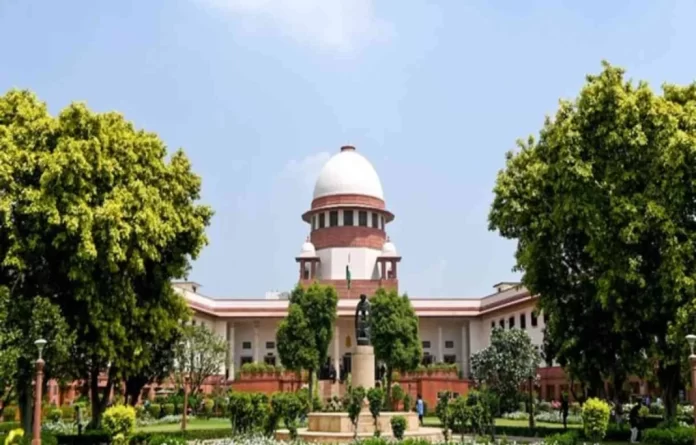The Supreme Court has observed that if the Advocates-on-Record (AoRs) were
allowed simply sign off on petitions drafted by other lawyers and not held accountable for the contents of the petition, they would be reduced to mere signing authorities.
Hearing a suo motu plea, which sought a comprehensive plan to reform the AoR system, the Bench of Justice Sanjay Kishan Kaul and Justice Sudhanshu Dhulia on Friday noted that it was not satisfied with the suggestions given so far by Amicus Curiae Gaurav Agarwal to reform the AoR system.
Amicus Agrawal contended that in the current litigation scenario, it was not possible for AoRs to always sit in judgment over pleas drafted by others. He suggested that AoRs be allowed to state in the petition that other advocates drafted a plea while they (AoRs) simply signed it.
However, the Bench rejected the suggestion and said that it wanted to discourage the concept of AoR only lending their purpose for signatures.
It said the AoRs had a higher responsibility and cannot simply shrug off their responsibility to properly scrutinise the petitions that they file.
Saying that the case was not about balancing, the Apex Court directed Amicus Curiae Gaurav Agrawal to prepare a fresh report on suggestions to improve the system by December 13.
The Bench further impleaded the Supreme Court Advocates on Record Association (SCAORA) in the matter, and directed it to file its suggestions with the Amicus.
The top court of the country said it did not want to put the burden on others or make it complex, but its primary concern was that AoRs must perform their duties well.
It said the Amicus will have to apply own mind by consulting any organisation including SCAORA.
AoRs are lawyers who are authorised to file petitions before the Supreme Court. However, many times, other lawyers draft the petitions and the AoRs simply affix their signature on the petition without properly scrutinising the same.
(Case title: PK Subramanian vs Secretary Department of Law and Justice and Anr)


